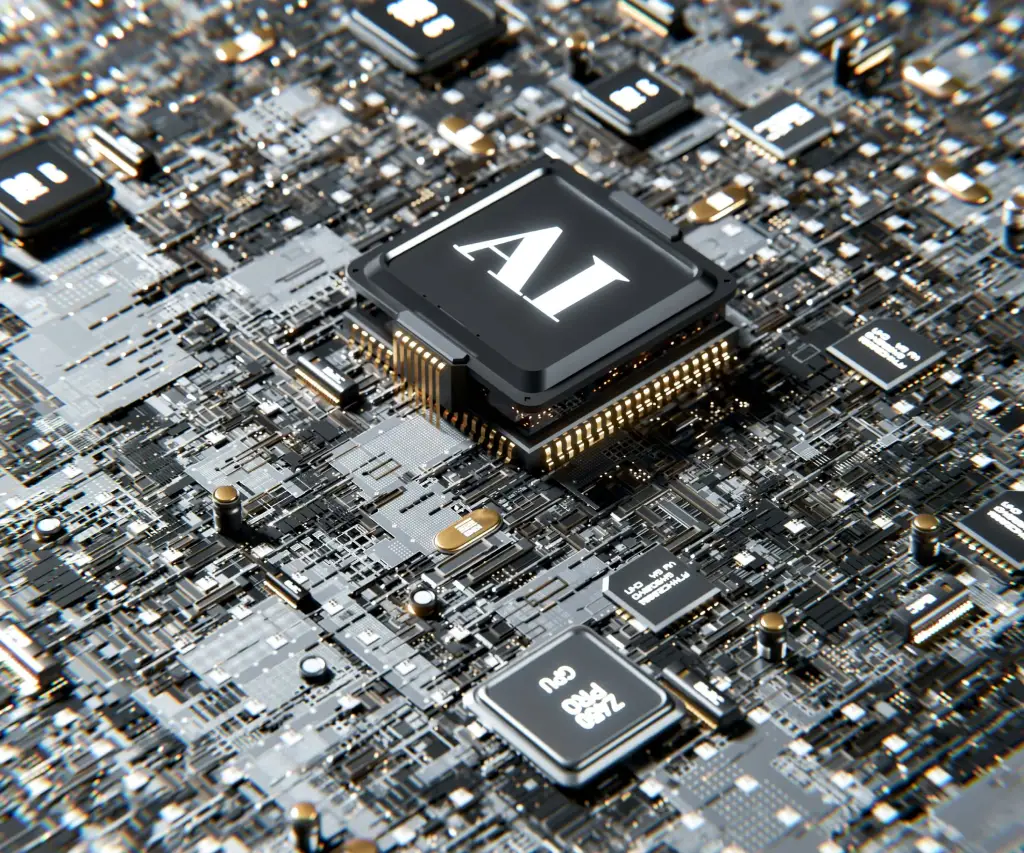Artificial Intelligence (AI) is no longer a futuristic concept — it’s already integrated into many parts of our daily lives. From the moment we wake up to the time we go to bed, AI is quietly working behind the scenes, making our lives easier, smarter, and more efficient. Whether you’re asking Siri about the weather, getting personalized Netflix recommendations, or using AI-powered tools at work, this technology is shaping the way we live, work, and interact.
In this blog post, we’ll explore the top ways AI is transforming everyday experiences and why understanding its impact is more important than ever.
Table of Contents
📝 Introduction
Artificial Intelligence (AI) is no longer a concept from science fiction — it’s already here, and it’s transforming the way we live, work, and interact. From smart assistants in our phones to recommendations on Netflix and self-driving cars, AI has become deeply embedded in our daily routines.
But what exactly is AI? How is it affecting our lives today? And what does the future hold?
Let’s dive in.
🤖 What is Artificial Intelligence?
AI is the ability of machines or software to mimic human intelligence. This includes learning from data, solving problems, understanding language, and even recognizing images or voices.
Some of the most common forms of AI include:
- Machine Learning: Systems that learn and improve from experience (e.g., spam filters)
- Natural Language Processing (NLP): AI that understands and processes human language (e.g., ChatGPT, Siri)
- Computer Vision: Enables machines to see and understand images (e.g., facial recognition)
- Robotics: AI-powered machines that can perform tasks (e.g., delivery robots)
🧠 How AI Is Used in Our Daily Lives
Here are some real-life examples where AI is quietly working behind the scenes:
1. Smartphones & Voice Assistants
- AI powers Siri, Google Assistant, and Alexa.
- Voice-to-text, predictive typing, and face unlock are all AI features.
2. Social Media
- Platforms like Instagram and TikTok use AI to show personalized content.
- AI detects spam and harmful content automatically.
3. Streaming Services
- Netflix and YouTube use AI to suggest what you should watch next based on your behavior.
4. Healthcare
- AI helps doctors analyze X-rays, detect diseases early, and even assist in surgeries.
- AI chatbots can also provide basic medical advice.
5. Transportation
- Google Maps uses AI to predict traffic and suggest faster routes.
- Self-driving cars (like Tesla) use AI to detect roads, people, and obstacles.
6. Online Shopping
- E-commerce platforms use AI for product recommendations, dynamic pricing, and customer service chatbots.
⚙️ Benefits of AI in Everyday Life
- Saves time by automating repetitive tasks
- Improves efficiency in business, healthcare, and logistics
- Provides personalization in entertainment and shopping
- Enhances safety in vehicles and surveillance
- Makes services accessible with 24/7 AI-powered support
⚠️ Challenges and Concerns
While AI is powerful, it comes with risks:
- Privacy issues (e.g., data collection without consent)
- Job displacement due to automation
- Bias in algorithms that may reflect unfair practices
- Over-reliance on machines instead of human judgment
That’s why responsible development of AI is critical.
🔮 The Future of AI
AI will continue to grow and become even more integrated into our lives. Upcoming trends include:
- AI in education for personalized learning
- AI in finance to predict markets and prevent fraud
- AI in agriculture to improve crop yield and sustainability
- Generative AI like ChatGPT, DALL·E, and more creating human-like content
But as AI grows, so does our responsibility to use it ethically and wisely.
🧾 Conclusion
AI isn’t just a buzzword — it’s a powerful force that’s changing the world around us. While it brings convenience, efficiency, and innovation, we must also remain aware of the challenges it brings.
By staying informed, adapting to changes, and using AI for good, we can shape a future where technology truly benefits everyone.
“AI will not replace humans — but humans who use AI will replace those who don’t.”
🔗Resource
🔗 https://www.ibm.com/topics/artificial-intelligence
According to IBM, artificial intelligence is revolutionizing how we interact with technology, from smart assistants to advanced healthcare systems.
📸 Want to speed up your website and improve SEO? Don’t forget to optimize your images! Check out our guide on the Top 3 Free Tools to Optimize and Compress Images Without Losing Quality and make your site load faster today.



